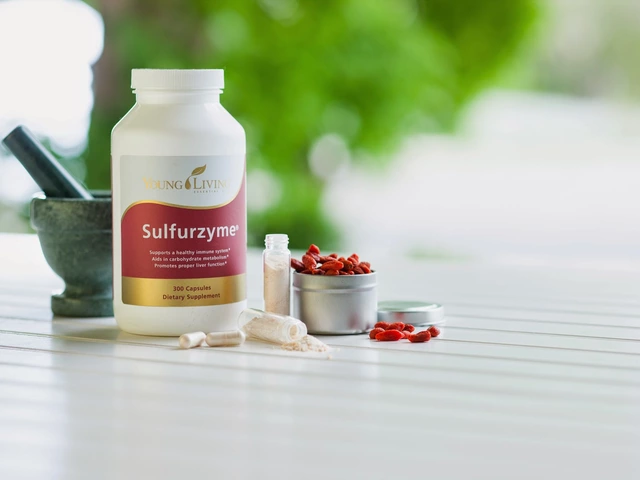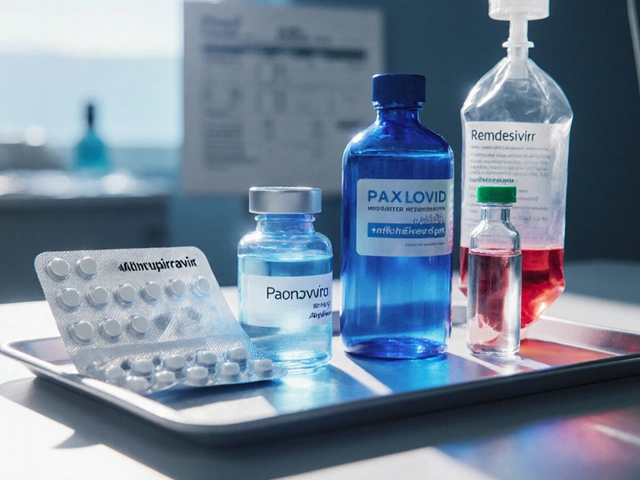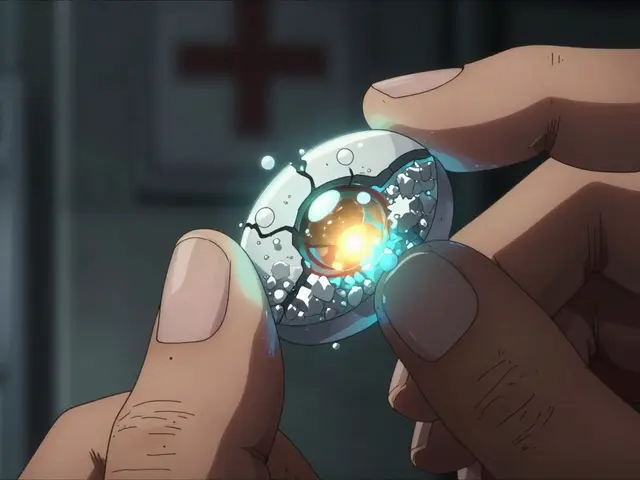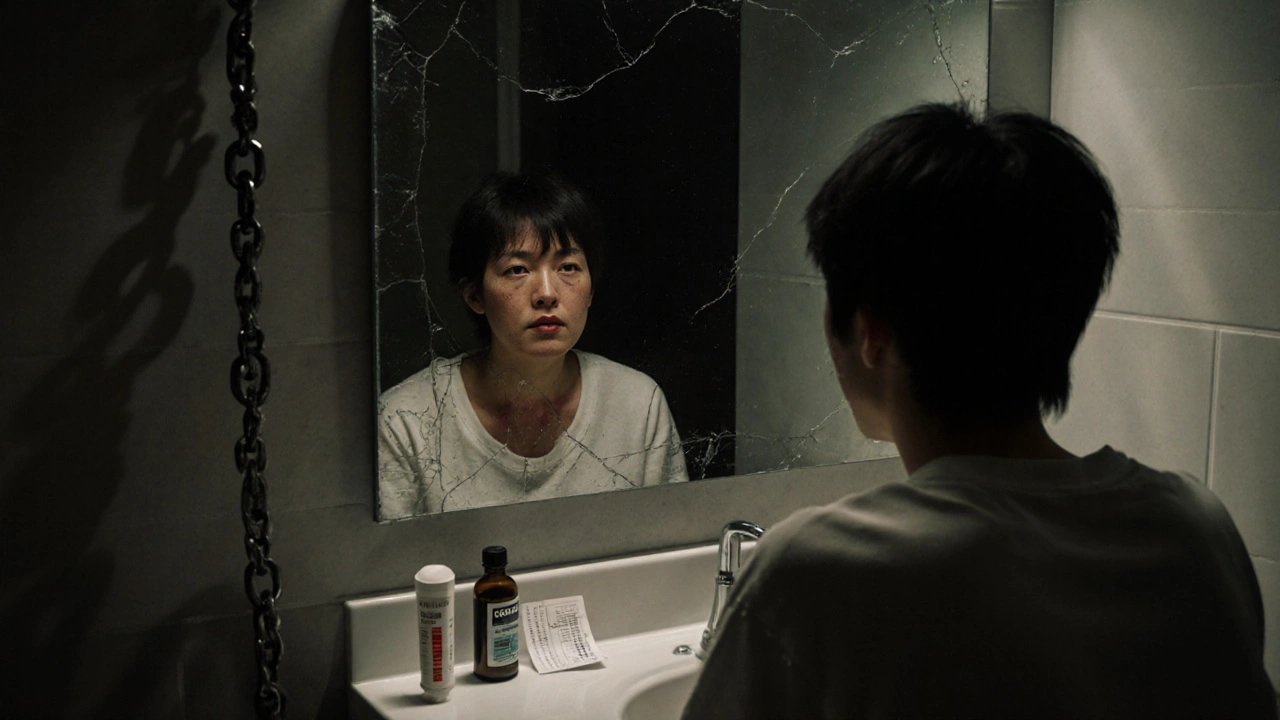Isotretinoin Side Effects: What You Need to Know Before Starting Treatment
When you hear isotretinoin, a powerful oral medication used to treat severe acne that hasn’t responded to other treatments. Also known as Accutane, it’s one of the most effective drugs for clearing stubborn acne—but it’s not gentle. It works by shrinking oil glands, which is why it works so well, but that same action can trigger a cascade of side effects across your body. Many people start isotretinoin hoping for clear skin and end up surprised by how much it changes their daily life.
The most common side effects aren’t scary, but they’re annoying: dry skin, a constant, intense dryness that affects lips, eyes, nose, and scalp is almost universal. You’ll need lip balm every hour, saline eye drops, and maybe even a humidifier. dry lips, a telltale sign of isotretinoin use, can crack and bleed if not managed. Then there’s the sensitivity—your skin becomes so thin and delicate that even mild sun exposure can cause burns. You can’t skip sunscreen, and you’ll need to rethink your skincare routine entirely.
Some side effects are more serious. liver damage, a rare but dangerous risk that shows up through blood tests, not symptoms is why doctors require monthly liver function checks. Mood changes, including depression and suicidal thoughts, have been reported, though the link isn’t fully proven. Still, if you feel unusually down, anxious, or withdrawn, tell your doctor right away. Joint pain, muscle weakness, and vision changes—especially trouble seeing at night—are also red flags. And yes, isotretinoin is a known teratogen: if you’re pregnant or could get pregnant, this drug can cause severe birth defects. That’s why strict birth control rules apply, even if you’ve never been sexually active before.
What’s missing from most patient conversations is how long these side effects last. Dryness and sensitivity usually fade within weeks after stopping, but some people report ongoing issues like joint stiffness or hair thinning months later. It’s not common, but it’s real. And while many blogs downplay the risks, real users on forums talk about the emotional toll—the frustration of seeing your skin improve while your body fights back with fatigue, headaches, and mood swings.
Below, you’ll find real-world stories and data from people who’ve taken isotretinoin, along with comparisons to other acne treatments, safety tips from pharmacists, and how to monitor your health while on it. This isn’t just a list of warnings—it’s a practical guide to surviving the treatment without losing your quality of life.
Compare Isofair (Isotretinoin) with Alternatives for Acne Treatment
Compare Isofair (isotretinoin) with other acne treatments like antibiotics, hormonal therapy, and topical retinoids. Learn which option works best for severe acne, side effects, and long-term results.
About
Medications
Latest Posts


Sweet Violet: The Natural Dietary Supplement to Support Your Health Goals
By Orion Kingsworth Aug 1, 2023

Movfor (Molnupiravir) vs Alternatives: A Practical Comparison
By Orion Kingsworth Oct 14, 2025

Wild Thyme vs Common Thyme: Essential Oil Potency, Chemotype Differences, and Health Benefits Unveiled
By Orion Kingsworth Apr 30, 2025

